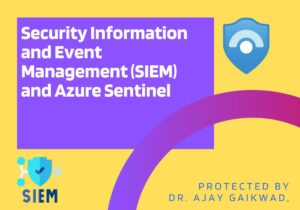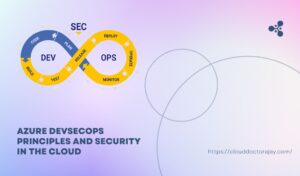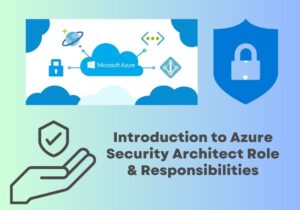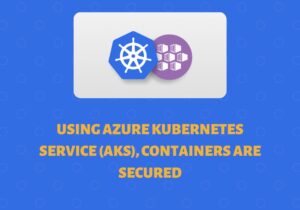Cloud Security for All: Cloud computing is now a crucial component of how both individuals and enterprises handle, store, and retrieve data in the modern digital world. It’s more important than ever to provide strong cloud security as data volumes rise and cyber threats become more complicated.
One of the most noteworthy developments in this field is Copilot from Microsoft. This AI-driven technology contributes significantly to cloud data security while also increasing efficiency. We’ll look at how Microsoft Copilot supports cloud security and safeguards private data in the cloud in this blog.
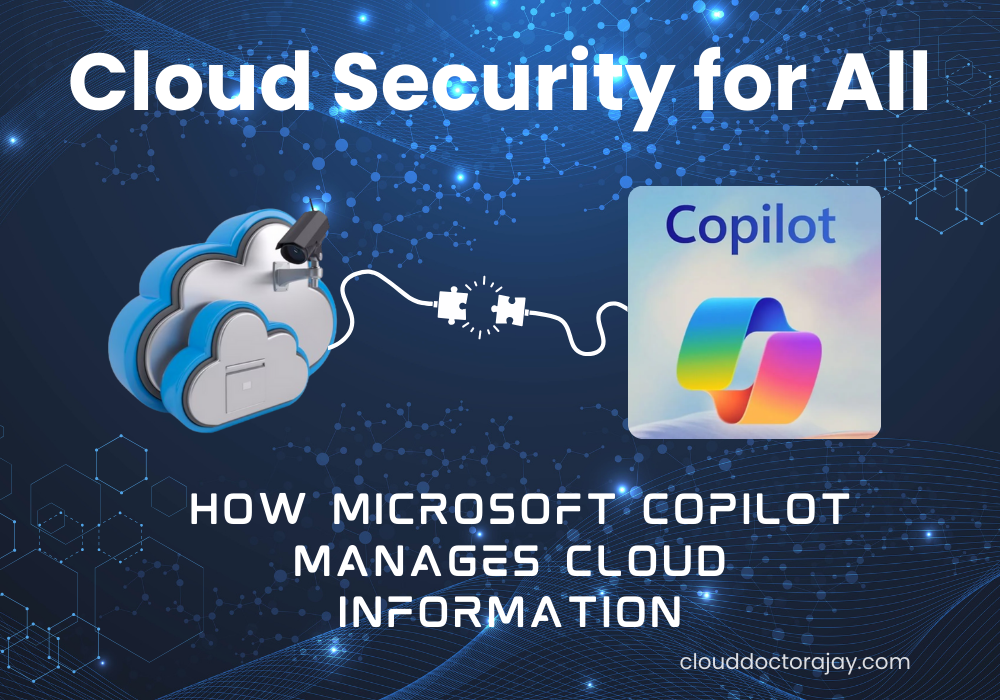
Understanding Microsoft Copilot and Cloud Security
It’s important to comprehend what Microsoft Copilot is and its place in the Microsoft ecosystem before delving into how Copilot helps with cloud security. Microsoft Copilot is an AI-driven assistant that is incorporated into a number of Microsoft products, including GitHub, Office apps, and more. Its main purpose is to increase productivity by automating processes and offering contextual support, but it also has features that improve cloud security.
Within the Microsoft Cloud, Microsoft Copilot protects data by utilizing Azure’s extensive security infrastructure. Through this integration, Copilot’s security measures are guaranteed to be based on a solid foundation of best practices and technology for cloud security.
AI for All: How Microsoft Copilot Provides Access to Artificial Intelligence for All Users
Key Features of Microsoft Copilot That Strengthen Cloud Security
1. Contextual Data Security
Copilot can identify and protect sensitive information because of its capacity to comprehend and work with the context of emails, documents, and code. For instance, Copilot may identify sensitive content, such as financial information or personal data, in an email or Word document and recommend security precautions. Contextual awareness lowers the possibility of unintentional data exposure and aids in adhering to data protection laws.
2. Labelling and Classification of Data
Copilot can help with data classification and labelling according to its significance and sensitivity. Copilot helps enforce security regulations and guarantees that sensitive information is handled appropriately by automatically labelling data. This automatic classification guarantees uniform enforcement of data protection across documents and communications and streamlines the process of implementing data protection measures.
3. Threats Detection and Response
Copilot has the advantage of ongoing monitoring and threat identification because to its integration with Microsoft’s cutting-edge security tools. Security threats can be analysed and alerted to in real time with Azure Security Center and Microsoft Sentinel. Copilot offers recommendations on risk mitigation and vulnerability remediation based on the most recent threat intelligence, assisting users in responding to these attacks.
4. Secure Collaboration
Copilot enhances secure teamwork in Microsoft 365 collaboration platforms like Teams and SharePoint. In order to make sure that collaboration procedures follow company security standards, Copilot helps with the configuration of safe sharing permissions, document access monitoring, and document enforcement. With the help of this function, the possibility of data breaches and unwanted access is reduced when working in teams.
5. Guidance on Compliance
Copilot facilitates adherence to a number of laws and guidelines, including the CCPA, GDPR, and HIPAA. By offering instructions on data handling procedures, consent management, and data retention rules, it assists users in comprehending and putting compliance requirements into reality. Copilot helps firms comply with legal and regulatory requirements by incorporating compliance elements into common platforms.
6. Automatic Updates for Security
Copilot can help maintain software and security settings current by installing updates and patches automatically. This lowers the possibility that out-of-date software or security configurations will allow attackers to take advantage of vulnerabilities. Copilot makes ensuring that systems and users are shielded from known dangers and security holes.
7. Incidents Response and Recovery
Copilot supports the response and recovery procedures in the case of a security incident. It offers information about the impacted data, aids in assessing the breach’s effects, and makes repair recommendations. By limiting harm and assisting enterprises in promptly addressing security events, this feature helps them return to normal operations.
Microsoft’s Cloud Security Infrastructure’s Role
Microsoft Copilot functions within the larger context of Microsoft’s cloud security infrastructure, which is composed of multiple security tiers
- Azure Security Center: Offers sophisticated threat prevention and unified security management for hybrid cloud environments. It provides instruments for vulnerability assessment, threat identification, and compliance tracking.
- Microsoft Sentinel: An AI-powered cloud-native Security Information and Event Management (SIEM) solution that provides actionable insights and automatic reactions to possible attacks by analyzing and correlating security data.
- Data Encryption: Microsoft takes care to encrypt data while it’s in motion and at rest. Data security and integrity are guaranteed, and illegal access is prevented thanks to its encryption.
- Access Controls: To regulate who has access to data and resources, Microsoft uses strong identity and access management (IAM) techniques, including as multi-factor authentication (MFA) and conditional access controls.
- Compliance Certifications: To guarantee that security and privacy procedures fulfill strict requirements, Microsoft’s cloud services adhere to a number of industry standards and certifications, such as ISO 27001, SOC 2, and FedRAMP.
Investigating Azure Privileged Identity Management (PIM): Improving Security and Governance
Copilot’s Practical Effects on Cloud Security
The following industries can benefit directly from the incorporation of Microsoft Copilot into cloud applications:
- Business: Organizations gain from improved data security, decreased breach risk, and simplified compliance procedures. Businesses may preserve confidence and safeguard client information by utilizing Copilot’s security features.
- Healthcare: Medical facilities depend on Copilot to protect patient information, guarantee adherence to health rules, and provide safe communication between medical staff members.
- Education: Academic institutions utilize Copilot to manage adherence to privacy rules pertaining to education, safeguard student and faculty data, and guarantee safe sharing of resources.
- Finance: To secure transactions, maintain regulatory compliance, and safeguard sensitive financial data, financial institutions make use of Copilot’s security features.
Prospects for AI-Powered Cloud Security in the Future
Microsoft Copilot is anticipated to include even more advanced security features as AI technology develops. Improved anomaly detection, more precise data protection features, and closer integration with cutting-edge security technology are possible future enhancements.
Microsoft is dedicated to developing its cloud security solutions in order to meet emerging risks and difficulties. In this continuous endeavour, Copilot is probably going to be extremely important, enabling users to confidently traverse an ever-more-complex security environment.
Conclusion
An important advancement in the incorporation of AI into cloud security procedures is Microsoft Copilot. Copilot gives users strong tools to safeguard their data, abide by rules, and successfully counteract attacks by fusing cutting-edge AI capabilities with Microsoft’s reliable cloud infrastructure.
Microsoft Copilot will be at the vanguard of this transition, making cloud security more approachable and efficient for everyone. As cloud computing grows, artificial intelligence (AI) will play an even more crucial role in safeguarding cloud environments.

